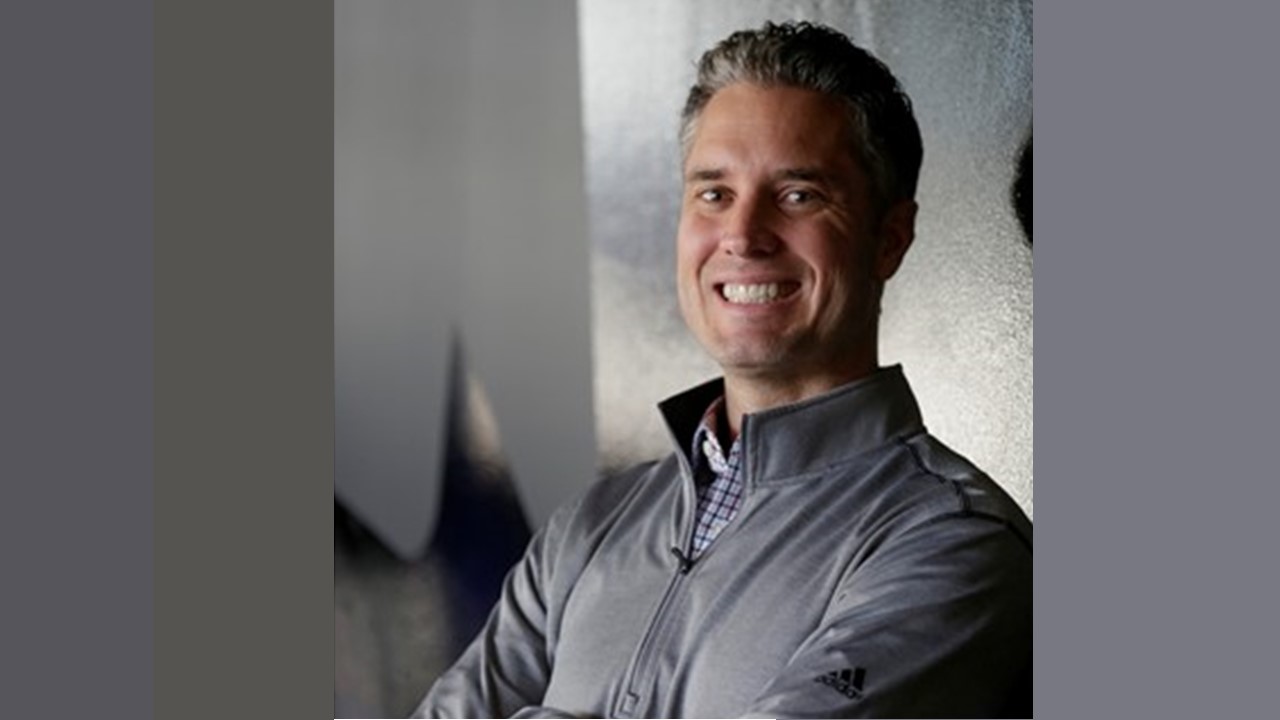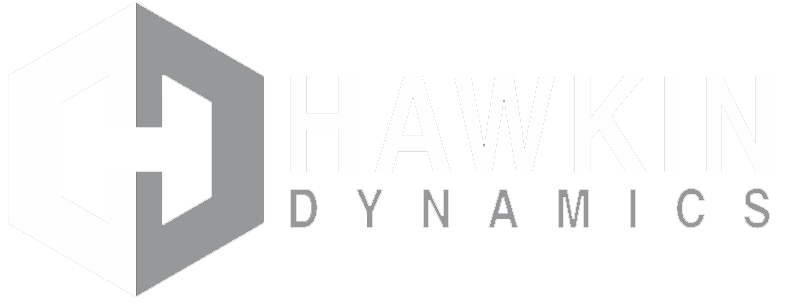CSCA Director Spotlight: Richmond Oval’s Andrew Clark

CSCA: How did you get started in the industry?
I first started working with athletes towards the end of my undergrad at the University of Victoria. At the time, UVIC’s Exercise Science and Physical Education department had some inspiring professors and a great group of master’s students including Ben Sporer and Chad Benson.
I worked at the university’s gym and was continually exposed to these individuals and the varsity athletes. Similar to a lot of young coaches I tried to absorb as much as I could from those around me, read as much as possible, attended seminars and started to train a handful of clients including a few of the women’s varsity soccer players.
One summer, I was provided the opportunity to move to Vancouver and train hockey players with Peter Twist. Pete was the strength coach for the Vancouver Canucks and ran camps during the off season. He had assembled a great team of coaches that summer and had coaches flying in from across North America to shadow. It was a unique opportunity and an intense and rewarding learning environment. Long days and weeks resulted in an opportunity to move to Vancouver and work full time. The next 8 years involved significant time on the training floor with community through to professional athletes. I travelled internationally, attended and presented at conferences, delivered workshops and learned how to grow and operate a business.
In 2006, I took on the role of the strength and conditioning coach for the Canadian Women’s National Soccer program. The team was centralized in Vancouver. The technical coaches took me into their inner circle and taught me a lot about the game. Many of the players had very little training history. The Integrated Service Team collaborated well and before I knew it I found myself traveling internationally and working with the athletes out of hotel gyms, tennis courts and parking lots. There was a serious need to be resourceful. It was an amazing experience capped by attending the Beijing 2008 Olympics.
To this point in time in my career, I had been privileged to work with some amazing coaches and exceptional athletes. I was also burnt out and had been considering what was next for me. I was self-aware enough to know that I did not have the desire to invest the time and energy to further develop myself as a strength coach. I also knew that my athletes deserved to work with someone who possessed this desire. I decided to pivot my career and head back to school. My passion was on the business side of sport so I applied to do my MBA.
I saw a significant development opportunity for someone with a coaching background coupled with a formal business education. I completed my MBA and spent just over a year gaining as much experience and exposure consulting for various companies operating in the sport and fitness industry. This included integrated health clinics and training centres, private clubs, marketing, and branding company and even a major video game company.
Consulting led me to the Richmond Olympic Oval where I wrote the business plan for building out the Oval’s high performance sport operations. Shortly after presenting the report I was hired to implement the plan. It was essentially starting up a business within a business; designing and building out training centres, hiring staff, developing programs, forging relationships and alliances and developing staff. It has been an amazing opportunity. The scope of my role and responsibilities has increased substantially over the years which has allowed me to be more impactful. Current day, the Oval team delivers programs and services to the community through to Olympic and Paralympic athletes from a variety of sports. We host upwards of 35 local, provincial, national and international sport competitions each year.
CSCA: What challenges have you faced in your career?
Challenges look different when you are looking back at them. It is now easy to say that the challenges I have faced in my career have shaped how I live today and how I approach my work. I feel very fortunate to have had some more established coaches and business folks in the sport and fitness industry take me under their wing and invest in me. My path was not easy but it was made a lot smoother by having a few great people in my corner who wanted to see me be successful. I am now in a position where I can invest in others and spend time and energy mentoring and coaching.
I was one of the many coaches who came into the industry with lots of energy and passion and was willing to work 12+ hour days. I had no complaints in the early days. I was grateful for the opportunity and loved what I was doing and the people with whom I worked. After a couple of years, I soon found myself earning less than my friends who worked in other industries. They were also working hard but their days were not as long and it became clear that their earning potential was, and would be, greater. I found myself thinking about what things would be like 10-15 years if I stayed on my same path. I think everyone is challenged by this reality at some point in their career but today I feel the challenge is magnified for those early in their career.
Living in a major city is becoming increasingly expensive and buying a first house or condo is increasingly challenging. It is common for coaches to work in multiple locations and often fund their high performance passions with other types of work. Strength and conditioning coaches hoping to get a salaried position are applying for positions listing a masters degree as a base requirement, with compensation starting at $55K a year and the need to work irregular hours. There is often extensive travel required which presents additional challenges for those with children. There is no simple solution to this challenge and it is not unique to high performance sport. It is a reality of working in sport and an important consideration for those coming up in the industry.
Every position (employee, contractor, consultant, owner) I have ever had has required me to have some fundamental understanding of operating a business. However, there was no business component in my undergrad. I now have conversations with those early in their career about developing skills that are transferable. Strength coaches develop leadership qualities and insight that they may not recognize as being unique and transferrable.
Coaches develop comfort in leading and managing groups, public speaking, and building rapport and trust. I make a point of teaching and exposing staff to areas of the business not traditionally considered part of a coach’s role. This includes creating operating and capital budgets, tracking revenues and expenses, writing business plans, marketing strategies, sales processes and creating and delivering presentations. One should expect and prepare to change jobs and even careers multiple times. When a team member shares that they have accepted a more senior or advanced role at another company I am always happy for them. Our industry is about developing people and improving performance in life, not just sport.
CSCA: What do you see for our industry in 10 years?
I am excited to experience what the next 10 years will bring for our industry and am inspired by the coaches who have been profiled in the CSCA newsletters. Those of us who have been in the industry for a while can look back and see the progression of the profession. For context, one just needs to connect with one of the great strength coaches who helped pioneer the profession in Canada. These coaches are still active, accessible and possess great experience and knowledge.
It is amazing how integrated the approach to enhancing performance has become. If you look at the convergence of knowledge over the last 10 years (technology, medicine, academia…etc.) you can see the potential for how drastically things will change during the next ten. There is less ambiguity related to the role and contribution of a strength coach but also a corresponding need to be prepared for, and embracing of, the inevitable changes to come.
When you boil it right down, success is dependent on the ability to interact and meaningfully connect with other humans. Effective communication, authenticity, empathy and developing relationships have been, and will continue to be, the foundations for success.






